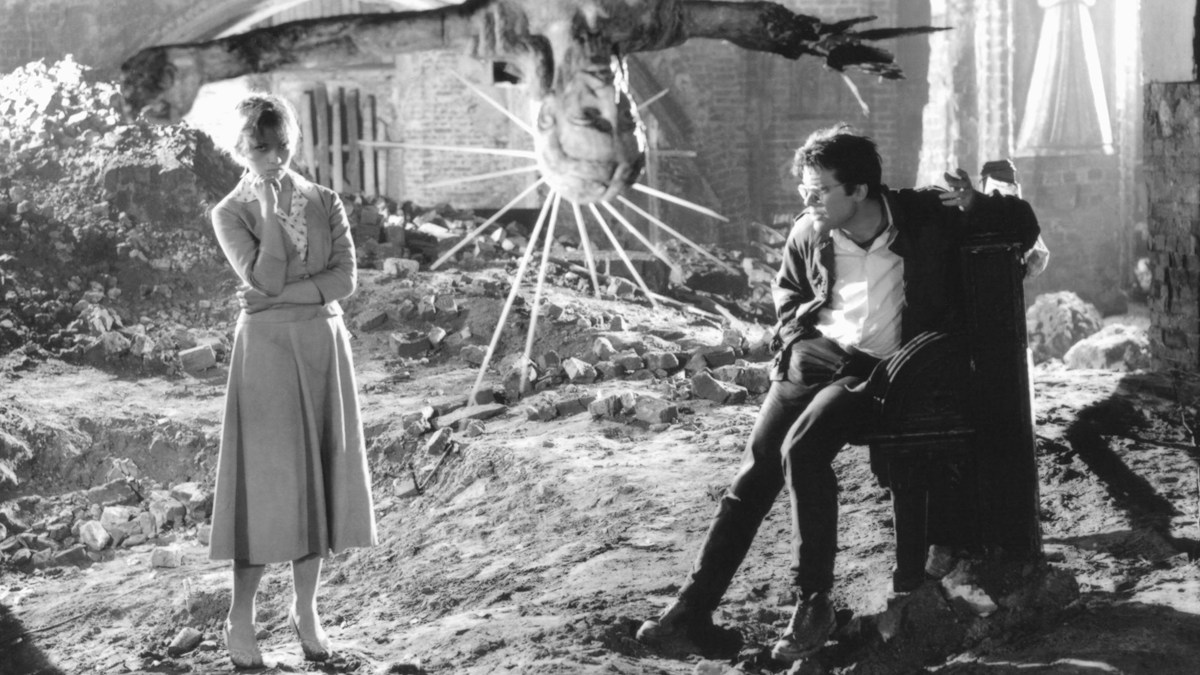Eastern European Cinema

Eastern European cinema reflects a history of upheaval, resilience, and artistic rebellion. Defined by political tensions and cultural complexity, its films often grapple with war, ideology, and existential questions. From post-war Poland to the experimental movements of the 1960s, this cinematic tradition forged some of the most uncompromising visions in film history.
Poland produced icons like Andrzej Wajda, whose Ashes and Diamonds captured the moral ambiguity of a nation in transition, and Krzysztof Kieslowski, whose Decalogue remains a cornerstone of world cinema. Meanwhile, Hungarian cinema gave us Miklós Jancsó’s hypnotic long takes, while Slovak and Czech filmmakers spearheaded the Czechoslovak New Wave, with works like Closely Watched Trains and The Firemen’s Ball blending formal daring with biting satire.
Today, directors from the region continue to push boundaries, from Hungarian art-house epics to intimate Slovak dramas and Czech black comedies. Eastern European cinema remains a space for radical storytelling—where history and modernity collide in strikingly original ways.